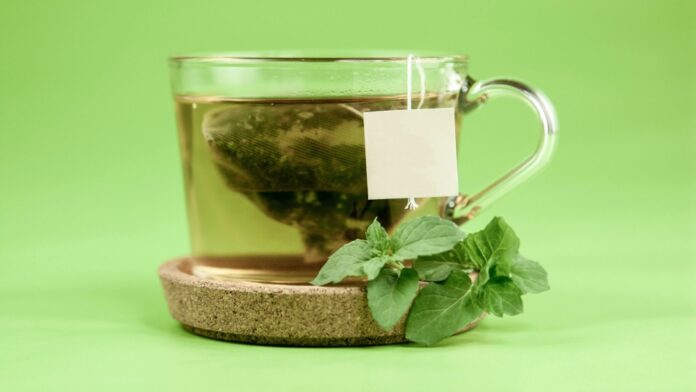Teas are not only a culinary delight but they also happen to have multiple health benefits. From clearing your sore throat to boosting your immunity, teas are loaded with benefits.
The best part is that there are multiple flavours and types to choose from.
Here are a few teas that will help you boost your immunity.
Matcha tea
Matcha is rich in antioxidants, specifically catechins, a type of polyphenols. Catechins are a substance found in tea that may help reduce inflammation by fighting against free radicals. Keeping this cell damage to a minimum can help reduce your risk for developing chronic diseases.
White tea
White tea comes from the Camellia sinensis(or tea) plant and happens to be the least processed type of tea. It is also the least strong in flavor. The very delicate white tea is produced by picking the buds and leaves of the tea plant before they are fully open. The history of white tea goes back to the Song Dynasty (960-1279 CE). It was then considered a luxury item and given as a form of tribute to the emperor of China. White tea has multiple health benefits. It also contains catechins. These antioxidants then protect the cells from damage by compounds called free radicals.
Even though too much free-radical damage can have harmful effects on the body, white tea seems to be one of the best types of teas for fighting free radicals.
Turmeric tea
Turmeric is used as a spice. However, the powder, which is grated from the turmeric root, can also be consumed as tea when added to water. This spice is best known for its curcumin, an active ingredient that gives it its signature orange-yellow color. It is said that curcumin supports the immune system by regulating the growth of immune-system cells and cancer-causing cells and reducing inflammation in the body.
Hibiscus tea
Hibiscus tea is a blend of dried hibiscus flower petals, sepals and leaves. The flowers come in different colors and are high on antioxidants, specifically anthocyanins. This may protect cells, tissues and organs by strengthening the cell membranes, making them less porous and vulnerable to free radicals.


